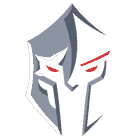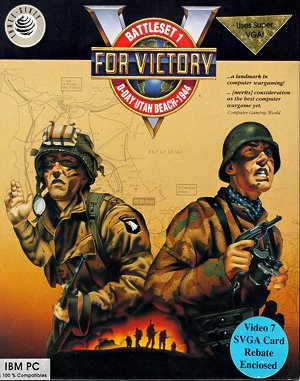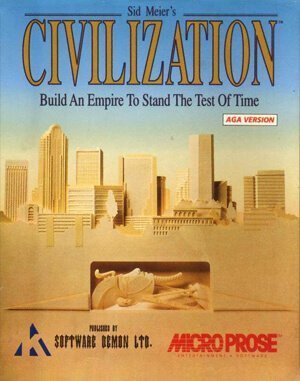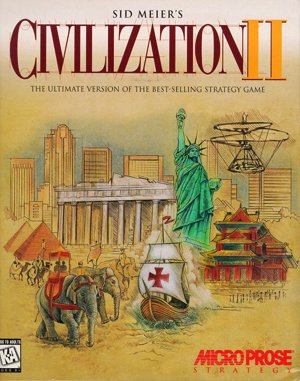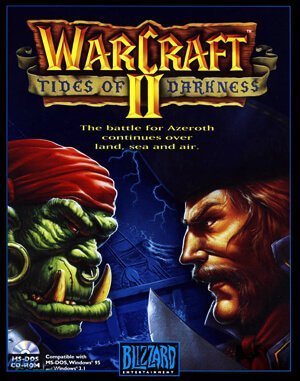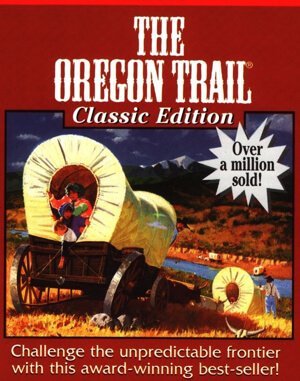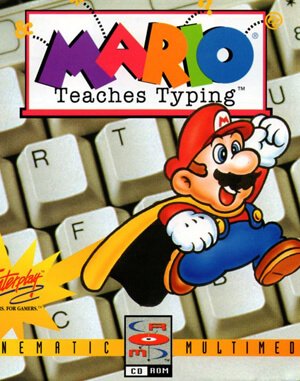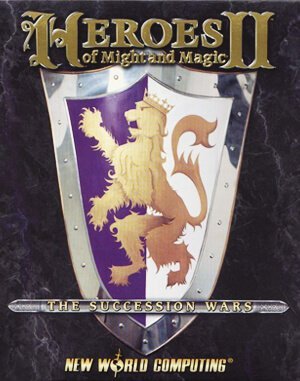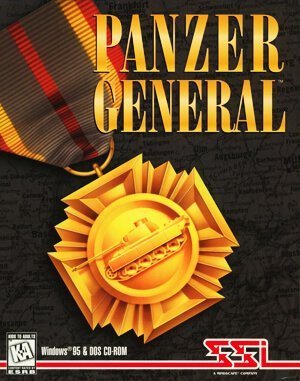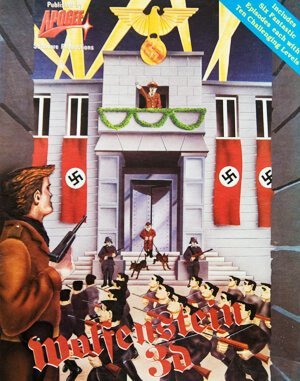V for Victory: Battleset 1 – D-Day Utah Beach – 1944
The game simulates the D-Day invasion on the area surrounding Utah Beach and the greater Cotentin Peninsula area. The player takes the role of overall commander of the US forces or the German forces opposing them. The game includes six scenarios to play as either side, one of which covers the entire invasion area up to the period just prior to Operation Cobra.
- Game developer
- Game publisher
- Game published
- Game perspective
V for Victory: Battleset 1 – D-Day Utah Beach – 1944 is a turn-based strategy wargame for the Macintosh and MS-DOS developed by Atomic Games in 1991 and distributed by Three-Sixty Pacific. It was widely lauded and repeatedly reviewed as the best wargame of its era. Play V for Victory: Battleset 1 – D-Day Utah Beach – 1944 online!
V for Victory: Battleset 1 – D-Day Utah Beach – 1944 game description
V for Victory: Utah Beach thrusts the player into the role of a military strategist during the Normandy invasion of WWII. As the American commander, the player has to overcome strong German resistance to occupy the Cotentin peninsula and the vital port facilities at Cherborg. Or, as the German Commander, the player has to defend Cherborg and drive the Americans back into the sea.
The game was played on a top-down 2D hex based map, with numerous terrain types. Each combat scenario has two phases. During the Planning phase, the player clicks on the unit icons to drag them to new locations. In the Execution phase, the player’s battle plans are carried out.
The game engine included many features that could not be simulated in traditional board games in order to eliminate drudgery. For instance, each unit individually tracked its supply status and local reserve. New supplies were delivered at night, using a system that simulated flow from one of a number of “supply points”, the beach area for the US, or roads to the south for the Germans. Cutting a supply route would cause the supplies to be re-routed onto other roads, which might lead to choking. Artillery fire could also be used to delay the flow. All of these effects were simulated, added to the on-hand supply level, and then displayed to the user as a series of optional colorings that indicated current status. Reduced supply levels dramatically reduced the combat and movement capabilities of the units, and represented the majority of the effects on fighting strength of the armies as a whole. Straying too far from a source of supply would render a unit impotent, while surrounding one would quickly lead to its elimination. In the same manner, the game tracked fatigue levels, unit cohesion, level of command, casualties and other effects for every unit on the map. Even weather became important, as it changed the supply deliveries and interdiction.
The amount of information held by the system might be overwhelming, but the majority of it was hidden and automated. Supply level, for instance, only became visible if the player selected an option to show it. In this case, it would be displayed as a colored outline around the units, from green (combat ready) to black (out of supplies). The player could generally ignore these details and leave it to the computer AI to handle these issues. This went as far as allowing the computer to plot artillery fire missions for supply interdiction. In most cases, the player was tasked with the movement of units and direct artillery support for attacks. Even these could be automated if desired, and were for the non-player side.
Many aspects of the game were designed to improve playability, especially for non-hardcore war gamers. For instance, the game used small icons of men or tanks to indicate unit types, instead of the more opaque NATO unit markers that are commonly used in the wargame field. On the Macintosh platform, existing UI guidelines were used for all operations. The game eschewed the traditional highly-modal interfaces of most games, using Mac menus, mouse commands and dialogs boxes for most interaction. For instance, giving commands to a unit to move was handled simply by clicking on the unit and then dragging it to the desired location, stacks of units could be moved with a shift-drag. This UI element has since become common.
Play V for Victory: Battleset 1 – D-Day Utah Beach – 1944 online
You can play V for Victory: Battleset 1 – D-Day Utah Beach – 1944 online here, in web browser for free!
